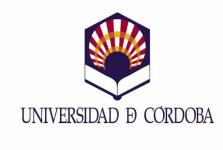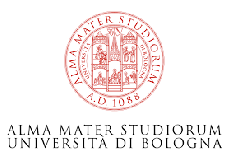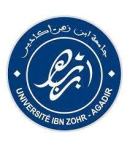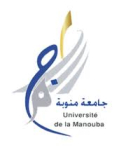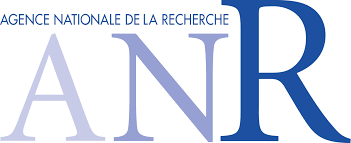Each of the project’s work stages has particular impacts:
Stage 1: Based on the outcomes from the extensive tracking surveys, sources and routes of contamination within the facilities will be elucidated to the artisanal producers, providing them also with recommendations for qualifying and classifying production sites and zoning.
Stages 2&3&4: As a result of investigating the efficacy of biopreservatives, the most protective extracts from plants grown in the Mediterranean region will be characterised as well as their effects on the pathogens’ survival rate. The development of novel manufacture processes using biopreservatives will be validated by both the assessment of the fate of inoculated pathogens in the actual artisanal food throughout processing and storage; and the sensory analysis of the expected organoleptic qualities of the product.
Stage 4: The dynamic modelling and process safety optimisation approaches developed in ArtiSaneFood will have an enormous impact on Predictive Microbiology as they can effectively address a myriad of food safety issues, allowing researchers to model data obtained from real productive processes.
Stage 5: The most efficient biopreservation-based strategies for food safety, delineated from the process risk models, will not only have a risk mitigation impact (i.e., pathogens), but, inherently, as antimicrobials, they will also delay product deterioration (i.e., spoilage bacteria), extend shelf-life, and reduce the use of chemical preservatives. Additionally, using process safety optimisation and risk modelling, new norms/standards aiming to control variability in quality of end-products will be derived, and quality monitoring tools such as sampling plans and control charts will be designed for implementation in specific stages of the food chains.
Stage 6: An innovative food safety IT application will be made available to the participating artisanal producers to assess the lethality of their processes, to produce the quality monitoring tools upon current and target safety levels, and to retrieve traceability information when used in notebook mode. Beyond the project’s duration, artisanal producers may interact with the researchers through this support-providing platform.











